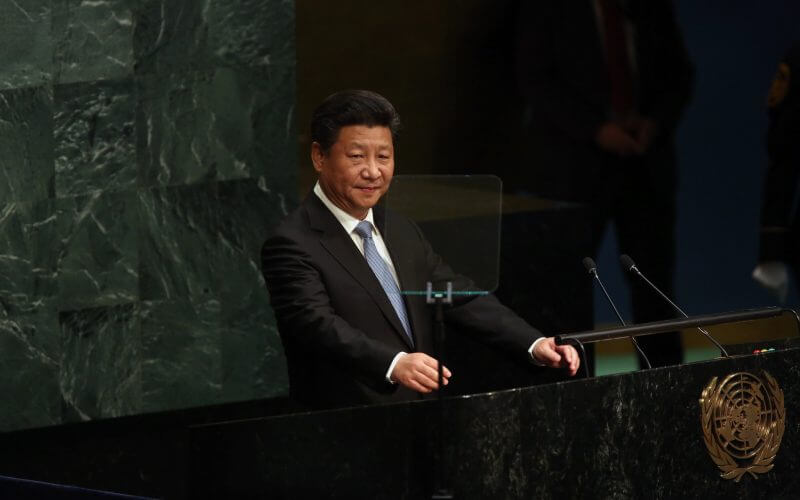ELLIOT NAZAR

According to Schaefer and Vina, China has successfully increased the employment of its nationals in the U.N. system going back to 2009, when the U.N. employed 794 Chinese nationals, to 2021, when 1,471 nationals obtained employment.
Experts say the increased efforts come as Beijing has doubled down on its targeting of international entities and individuals to take advantage of the U.N.’s Junior Professional Officer (JPO) program, granting them access to positions within the U.N.
Schaefer and Vina note that the US Government Accountability Office (GAO) discovered several years ago that America was “underrepresented, based on formal and informal targets, at all five of the U.N. organizations GAO reviewed. This follows general U.S. underrepresentation at most of these organizations from 2006 to 2009.”
When these nationals are elected to head U.N. organizations, Beijing then increases its hiring of Chinese nationals and uses organizations to promote their national interests.
One example is when in 2019, Secretary-General Fang Liu of the International Civil Aviation Organization (ICAO) enacted policies ordered by Beijing, including brand new air routes, despite violating ICAO laws. Secretary Liu also hid cyber security breaches connected to the Chinese government, threatening the security of ICAO, member states, and the aviation industry.
In response to the shortfall of American participants in the U.N., the U.S. government’s previous and current administrations have tried to increase awareness and support for U.N. employment of Americans at the State Department.
During the Trump administration, the President and his team created an Office of Multilateral Competitiveness in the State Department’s Bureau of International Organizations to track and support American employment in the U.N.
Under the Biden administration, the State Department renamed the unit, calling it the Office of Multilateral Strategy and Personnel (MSP), tasking it with the same mission while collaborating with American efforts at U.N. elections.
To solve this growing issue, Schaefer and Vina recommend the U.S. government be more effective at alerting American citizens of U.N. employment opportunities, aiding their applications, and supporting them once they apply.
The experts did note that the U.S. has increased support for JPOS, which are entry-level UN employment positions subsidized by governments and lead to formal employment as participants’ knowledge and work with the organization provides them a head start against other applicants.
Other measures could include honing and expanding the State Department’s recruiting, focusing on individuals whose knowledge and experience make them attractive candidates.
Additionally, congressional staff who revolve around foreign policy, former U.S. military personnel, USAID employees, and Peace Corps volunteers who are departing their service need to know of U.N. employment and opportunities.
Schaefer and Vina suggest Congress look at ways to expand the State Department’s ability to consult and advocate for American candidates looking for employment at the UN and scale up current efforts throughout representational events. According to the researchers, Congress should consider campaigning for Americans seeking leadership positions in U.N. organizations.
No comments:
Post a Comment